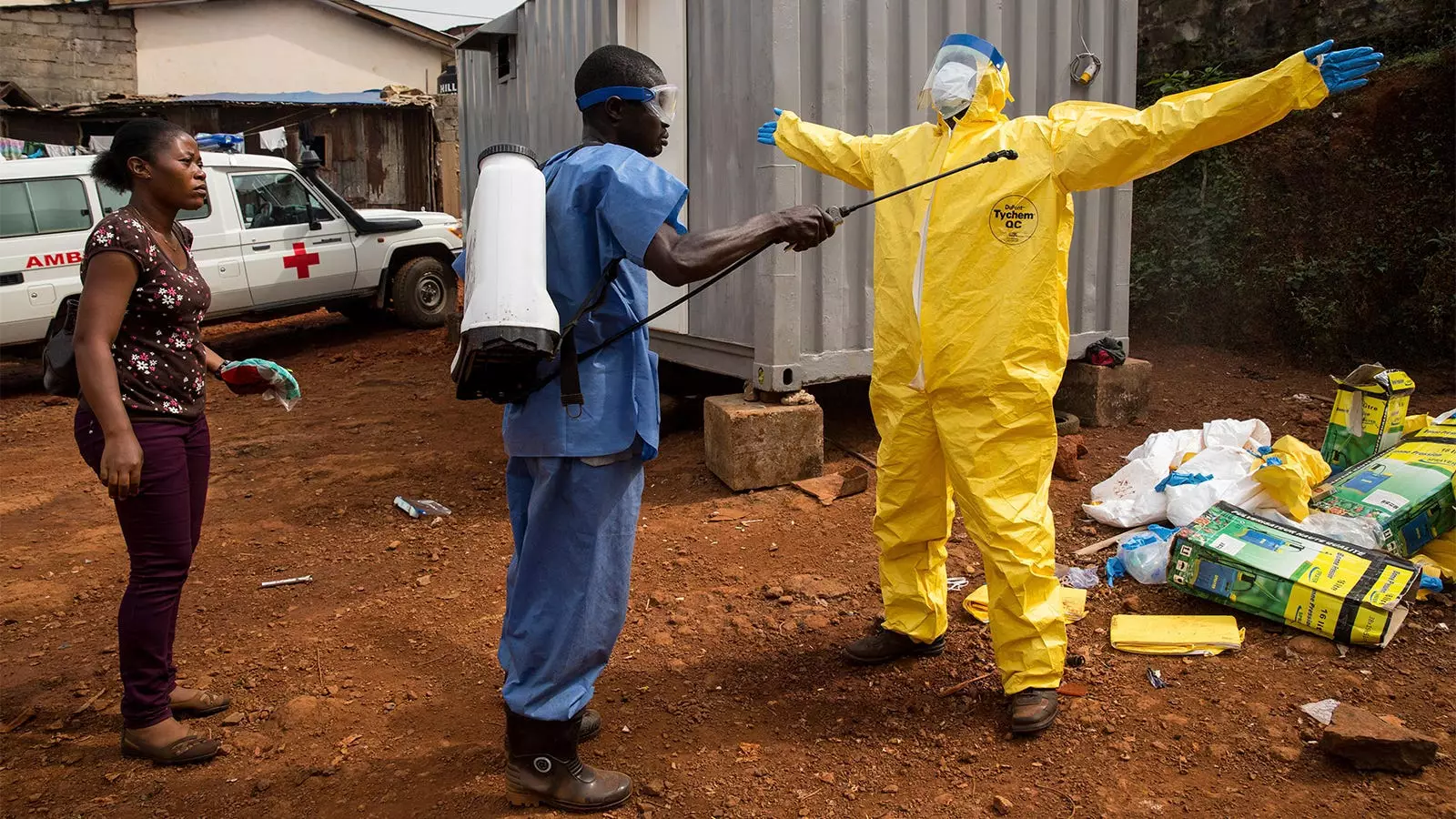In response to the ongoing outbreaks of Ebola and Marburg disease, the World Health Organization (WHO) has recently updated its infection prevention and control (IPC) guidelines. This update aims to address the “inappropriate practices” that have been observed during past outbreaks of these deadly diseases.
The WHO’s decision to revise its IPC guidelines was based on the cumulative experience gained from previous outbreaks. One of the key issues that prompted this revision was the misguided belief that more personal protective equipment (PPE) is always better. In reality, the excessive or inappropriate use of PPE can have adverse effects on healthcare workers and the environment. For example, the routine spraying of chlorine for disinfection, despite previous recommendations against this practice, can cause adverse ocular, respiratory, and skin reactions.
The updated guidelines, published in August, introduce 11 new recommendations and 10 new good practice statements. These guidelines clarify when double or single gloving should be used, how to disinfect gloves, and when to change gloves between patients. The emphasis is on prioritizing isolating people from infected individuals and implementing engineering controls and administrative controls to create a barrier between infected patients and healthcare workers.
The guidelines also highlight the importance of the IPC “ring” approach, which involves rapid mobilization of teams in geographical at-risk areas where there are infected individuals. This approach, along with recommendations for screening, triage, patient care, environmental cleaning, and safe burial practices, aims to limit potential exposure of healthcare workers to these deadly viruses.
Implementing these updated guidelines requires collaboration among different agencies and stakeholders. Knowledge about IPC principles is crucial for the successful implementation of these guidelines. The authors of the summary emphasized the need for a collective effort to change the way people work and to prioritize engineering controls and administrative controls.
The updated IPC guidelines for Ebola and Marburg disease are a critical step towards addressing the inappropriate practices that have been observed during past outbreaks. By focusing on prevention, collaboration, and knowledge sharing, these guidelines provide a comprehensive framework for protecting healthcare workers and the general population from the spread of these deadly diseases.


Leave a Reply